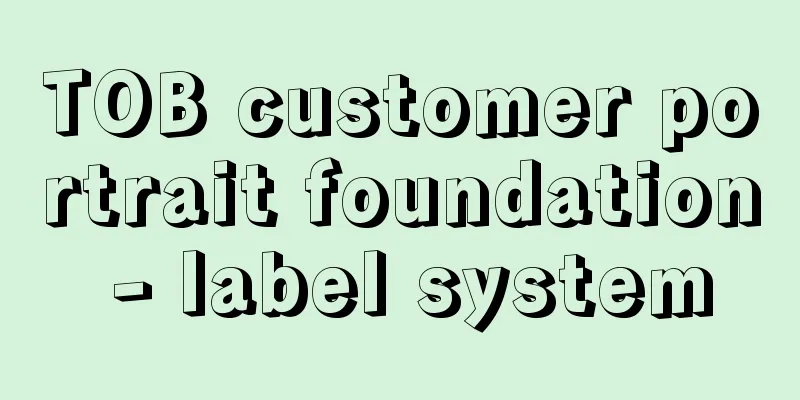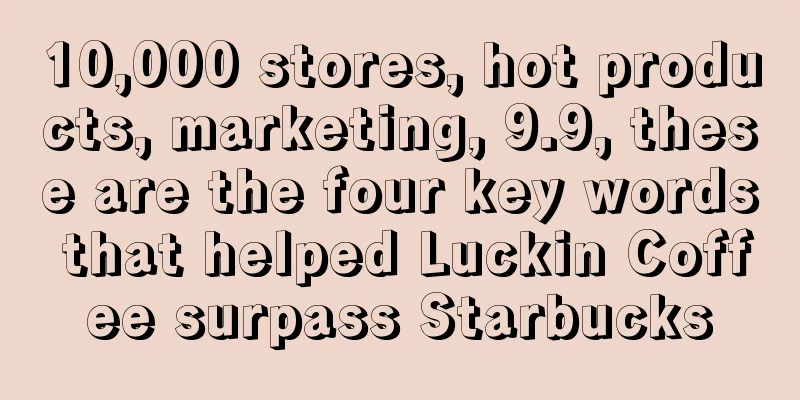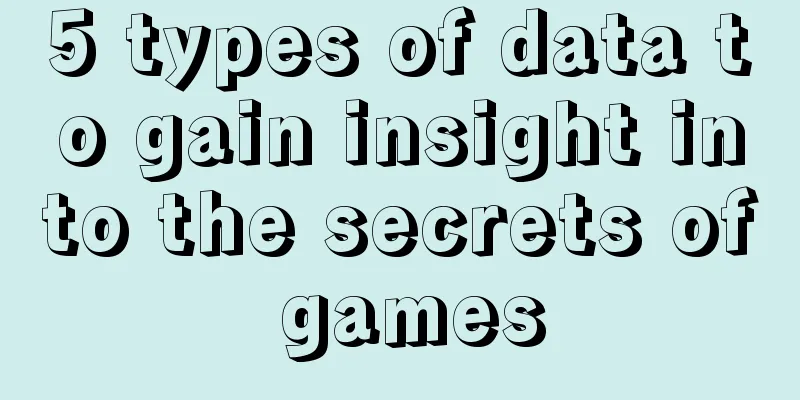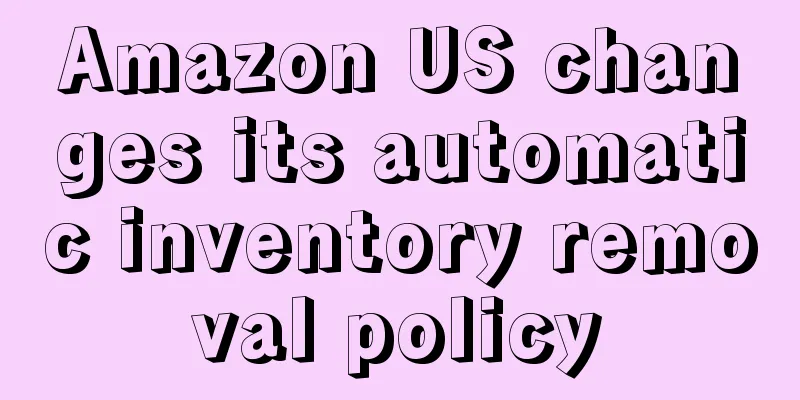TOB customer portrait foundation - label system

Get rid of the confusion and produce orderly content. Everyone is familiar with the concept of customer portrait, but I see that many SCRM manufacturers on the market are still talking about this topic over and over again, and they also compile a lot of documents about labels. I read some documents and I think that for the marketing departments of many TOB companies, some "fancy" labels are unnecessary, or too detailed labels not only increase the workload for marketers who are doing preliminary user operations, but also have no analytical significance. Of course, it is still related to the company's strategy. For example, whether the customer has joined a group, how old the customer is, etc. are meaningless to many TOB companies. The labeling system is never achieved overnight or copied from others, but is gradually improved based on actual business needs. The labeling system developed by TOB enterprises can be gradually improved as the private domain gradually matures. Step 1 Customer GroupWhat kind of customers are we serving? This is a question that will be considered when the product is formulated and confirmed by the top management. For example, the user group of a certain SaaS product is medium and large enterprises, the key industry is xxx, the actual software use department is the human resources department, and the decision-making chain will also involve IT and the boss. At this time, the general framework comes out, and the tags include:
Step 2: Strategic LinkageThe first four categories of basic labels have been confirmed, and when the scale of the private domain increases, we can add new ones in combination with the company's strategy. For example, the province where the company belongs. Tob companies never place orders randomly without a purpose, but will develop key areas every year, so it is meaningful to record the province at this time. For example, at the beginning you just label it as "province", then can you also observe the key cities? There are so many cities in China, it is definitely not possible to count them one by one, so first grasp the key cities. Then the company strategy further clarifies the team size of a department in the target enterprise, that is, the size of the department that actually uses the software, so the team size can also be added. These tag groups are all convenient for market output analysis such as marketing activities and SEM/SEO to determine whether they are consistent with the company's strategic planning. In summary, this step adds three more label groups:
Step 3: Market Operation UpgradeIf the marketing department wants to rely on private domain output, it needs to analyze the purity of private domain. Usually, user operators or SDR/MDR will make a preliminary judgment on the customer base when communicating with customers, such as whether it is a competitor, an ecosystem, not a target customer, a target customer but cannot be produced immediately, etc. The purity of incoming customers can be analyzed every month, quarter, or year. For this purpose, I have a special MDR label group. The labels in it are my basic judgment of the customers after communicating with them. They also allow me to analyze the quality of traffic brought by other marketing personnel. Of course, you can also think divergently. For example, you can divide invalid customers into several categories and summarize their feedback based on their specific reasons. For example, customer preferences, because a company may have several products or several modules, these can all be analyzed. However, we should be careful to customize labels according to business needs. Don’t just follow others. It’s not about quantity but quality. As I mentioned at the beginning, reject fancy labels. Tob companies are not like toc, which have so many ways to play. What we can do is to be down-to-earth and take every step carefully. Finally, I'd like to say that scrm companies will talk about a lot of labels such as customer paths, source channels, etc. These labels are basically implemented by software, so when you don't have software support, you should still label the basics. I won't say much about the labels in scrm this time. Let's talk about it when we have a chance and see how to use them correctly. This is also a science! Public account: cici notes |
<<: Can replicating "Altay" become a long-term business for long videos?
>>: Building a marketing activity system (Part 2): 18 marketing activity methods
Recommend
How to find new solutions to traffic anxiety through “relationship-based live streaming”?
In this traffic-oriented era, brands have to chang...
What are the VAT application conditions for Amazon Middle East? Amazon VAT VAT rate
When opening a store on Amazon Middle East, you ne...
What categories are the best for Shopee at the moment? How to choose?
The prospects of the cross-border e-commerce indus...
What is the Amazon tracking number? How to change the Amazon tracking number?
When opening a store on Amazon, the platform requi...
Building an anti-fragile growth model, the global content system of consumer goods and the second growth curve
In today's highly competitive consumer goods m...
How to handle VAT in Europe when running an independent website? How to pay VAT?
There are still many merchants doing independent c...
How to edit Amazon listings? What are the tips?
As a novice Amazon seller, learning the editing sk...
How to build a private domain operation system?
For enterprises, the question of whether to operat...
The short drama that has attracted 500 million people is the new traffic code for brands
This article delves into how the short drama marke...
With the emergence of dark horse anchors, what growth code does Douyin e-commerce contain?
With the continuous influx of high-quality authors...
Why can't Amazon be opened? What's the reason?
As the Amazon platform continues to grow, more and...
How to quickly improve data analysis capabilities
How to improve the analytical ability of the data ...
In 2023, there will be no top streamers on the Internet
In 2023, new Internet celebrities are emerging fre...
Latest: WeChat Stores "Send Gifts" are on the rise, Taobao and Douyin have followed suit
WeChat's gift-giving function has officially b...
Temu's third quarter sales have exceeded US$5 billion
According to 36Kr, Temu's sales in the third q...









